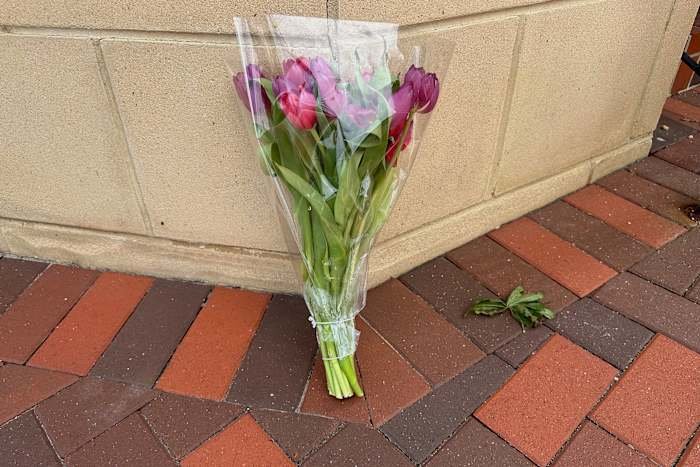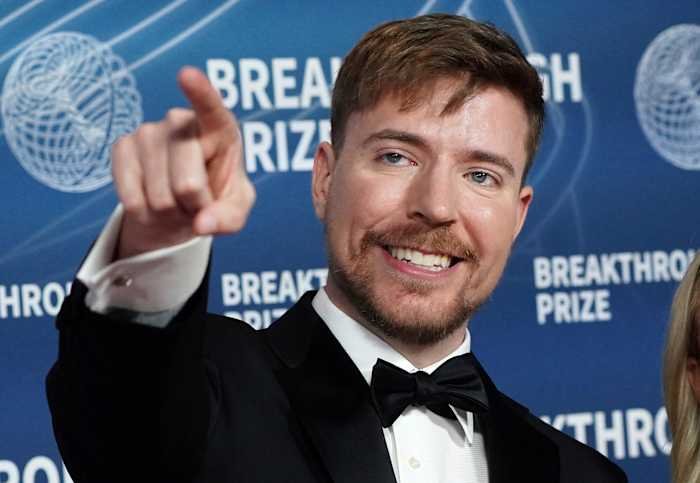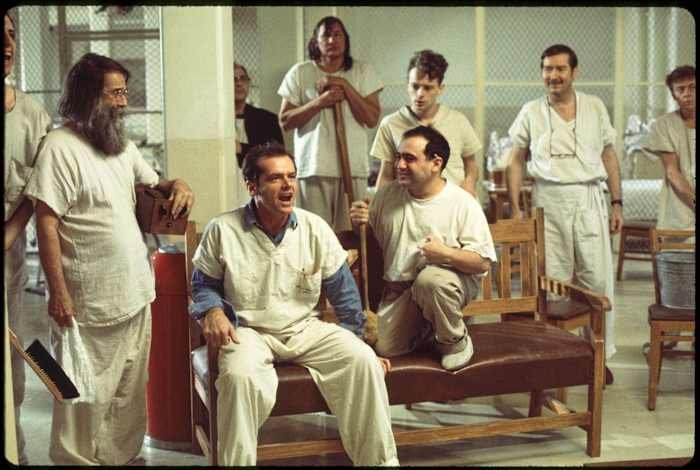In a tragic event that has sent shockwaves across the nation, a Georgia man who blamed the COVID-19 vaccine for his depression and suicidal thoughts has been identified as the shooter in last Friday’s deadly attack at the U.S. Centers for Disease Control and Prevention headquarters. The incident resulted in the loss of a police officer’s life and has reignited urgent conversations about the dangers of vaccine misinformation—conversations that are deeply relevant to communities here in Orlando, Florida.
The CDC Shooting: What We Know So Far
According to authorities, the suspect, whose identity has not been released at the request of family, entered the CDC headquarters in Atlanta late Friday evening. Armed and reportedly in distress, he opened fire, tragically killing a responding police officer before being subdued. In the aftermath, investigators discovered social media posts and notes left behind by the shooter, in which he claimed the COVID-19 vaccine had caused him severe mental health issues, including depression and suicidal ideation.
Law enforcement officials have stated there is currently no scientific evidence linking COVID-19 vaccinations to depression or suicidal behavior. The CDC and mental health experts emphasize that the overwhelming majority of vaccinated individuals do not experience serious psychological side effects. Nonetheless, the shooter’s claims are now being widely circulated online, fueling ongoing debates and misinformation.
The Role of Misinformation in Public Tragedies
The tragic shooting has highlighted how misinformation—especially around sensitive topics like vaccines—can have real-world consequences. For Orlando residents, where vaccination campaigns and public health efforts continue, this event underscores the importance of trusting credible sources and medical professionals.
As the shooter’s unfounded assertions about the COVID-19 vaccine spread across social media, public health officials in Orlando and beyond are working overtime to provide accurate information and reassure concerned citizens. Health experts warn that misinformation can contribute to vaccine hesitancy, which has tangible effects on community health, disease transmission rates, and local hospital capacities.
Union Demands Strong Response Against False Claims
In response to the tragedy, the police union representing officers at the CDC has called on both the CDC and federal authorities to issue unequivocal statements condemning misinformation about vaccines. The union argues that such falsehoods not only endanger public health but also put first responders at greater risk when emotionally unstable individuals act on conspiracy theories or pseudoscience.
The union’s demand for a clear, unified message echoes the sentiments of many in Orlando, where frontline workers have faced similar challenges throughout the pandemic. Ensuring that accurate, science-backed information prevails is seen as a crucial step in protecting both public safety and the mental health of residents.
The Orlando Perspective: Impact on Local Communities
While the shooting occurred in Georgia, its reverberations are felt right here in Orlando. The city’s diverse population includes many healthcare workers, educators, and first responders who have worked tirelessly to keep the community safe during the pandemic. Local leaders worry that high-profile incidents fueled by misinformation could undermine trust in vaccines and erode the progress made in public health outreach.
Orlando’s health officials are urging residents to seek COVID-19 vaccine information from reputable sources, such as the CDC, the Florida Department of Health, and local clinics. In addition, resources are available for those experiencing mental health struggles, including the 211 helpline and counseling services across Central Florida.
Mental Health: Separating Fact from Fiction
One of the most concerning aspects of this tragedy is the link the shooter attempted to draw between vaccination and depression. Mental health experts in Orlando emphasize that while any medical treatment can cause mild side effects, there is no scientific evidence supporting a direct connection between the COVID-19 vaccine and severe depression or suicidal thoughts.
If you or someone you know is struggling with mental health issues, seek support from qualified professionals. The stigma surrounding mental health can be compounded by misinformation, making it even more critical to rely on trustworthy medical advice and support networks.
Moving Forward: Combating Misinformation Together
As Orlando and the nation process the implications of this tragedy, the need for unity and clear communication is more pressing than ever. Community leaders, healthcare professionals, and media outlets like Daily Orlando News are committed to providing accurate, timely information to help residents make informed decisions about their health and well-being.
It’s also important for individuals to practice media literacy—questioning sources, cross-referencing facts, and avoiding the spread of sensational or unverified claims. In the digital age, everyone has a role to play in ensuring that misinformation does not take root and lead to further harm.
Conclusion: Your Voice Matters
The CDC shooting is a stark reminder of how misinformation can endanger lives and disrupt communities, including our own here in Orlando. By staying informed and supporting one another, we can help prevent tragedies fueled by fear and falsehoods.
We want to hear from you: How has misinformation affected your view of public health in Orlando? What steps do you think should be taken to ensure accurate information reaches everyone? Share your thoughts and experiences in the comments below.
















